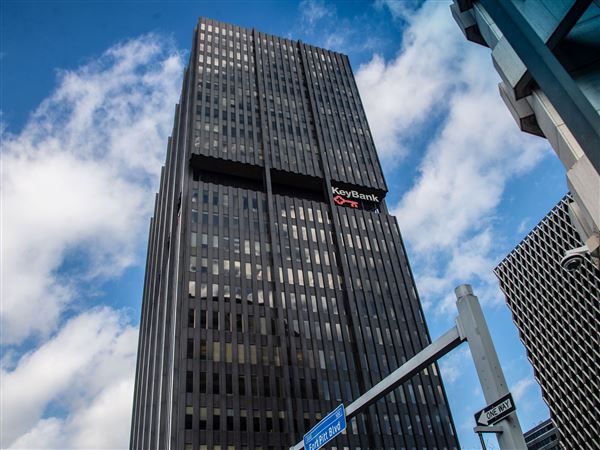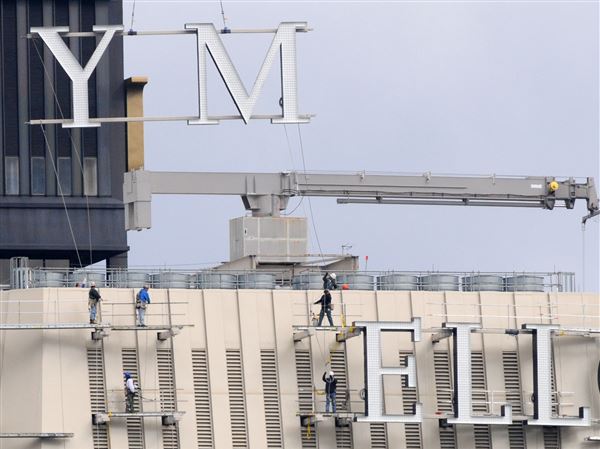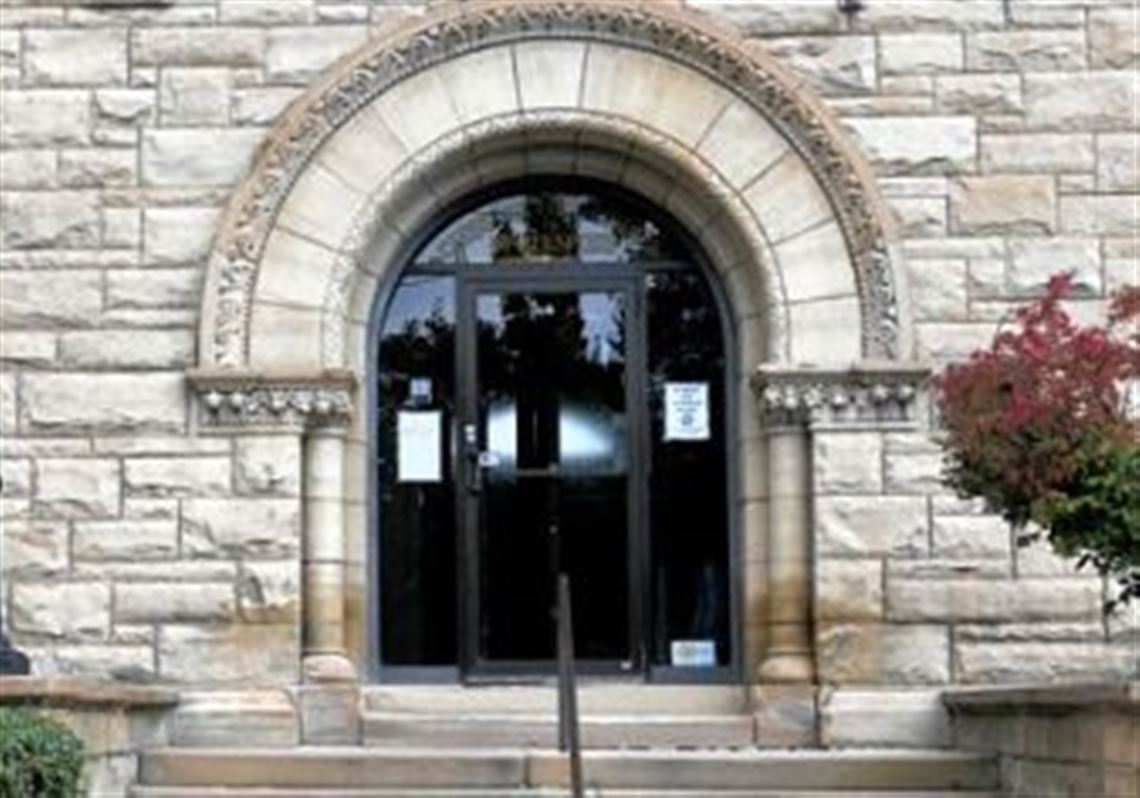Lovers of libraries cheered when voters this month overwhelmingly agreed to higher taxes to pump more than $3 million into the Carnegie Library of Pittsburgh.
On radio talk shows, in letters to the editor, during water-cooler conversations and at neighborhood coffee shops, people still are talking about the campaign to save "the Carnegie libraries."
But six libraries that have "Carnegie" in their names will get no funding as a result of the Nov. 8 referendum: Andrew Carnegie Free Library in Carnegie, Braddock Carnegie Library, Carnegie Free Library of Swissvale, Carnegie Library of Homestead, Carnegie Library of McKeesport and the Oakmont Carnegie Library.
That's because these Carnegie libraries are among the 44 libraries that are in the suburbs of Allegheny County. The referendum was for the Carnegie Library of Pittsburgh -- the main library in Oakland and 18 branch libraries throughout the city.
City voters agreed to increase their property tax by 0.25 mill, which amounts to about $25 a year for the owner of a $100,000 house. That's expected to produce more than $3 million for the city libraries, which have a $27.3 million budget this year.
All libraries have struggled in recent years due to the recession, which brought cuts on many levels. In 2011, the state gave Allegheny County libraries a total of $3.7 million, down from the 2010 total of $4.1 million. Many libraries have seen cuts in their allocation from the county's Regional Asset District.
Officials with the city libraries said some of their branches would have had to close if they hadn't received more tax money.
"I don't think there is any community that is not facing challenges," said Marilyn Jenkins, executive director of the Allegheny County Library Association. "Right now, no library shutdowns are threatened. It's more about trying to figure out a better way of doing business."
All 45 public libraries, including the Carnegie in Pittsburgh, are members of the county library association, a consortium that strives to work together to reach common goals.
"I'm ever the optimist," Ms. Jenkins said. "I think we can have conversations about shared services, especially small libraries talking about streamlining" and sharing certain functions, such as human resources services, she suggested.
Many libraries have cut hours of operation or are closed on Sundays.
Suburban libraries have not launched public campaigns or referendums seeking more tax dollars.
The 44 suburban libraries get their funding from a variety of sources, including tax dollars from the boroughs and townships where their facilities are located, from their local school districts or, in a few cases, from the municipality and the school district.
Pittsburgh, with a 2010 population of 305,704, has been contributing $40,000 a year to the Carnegie Library of Pittsburgh.
In the suburbs, the biggest municipal contribution is $1.22 million allocated to the Mt. Lebanon Public Library by the municipality. The population of that South Hills suburb is 33,017.
The Monroeville Public Library gets $933,404 from municipal officials in the eastern suburb, which has a population of 29,349.
Northland Public Library in McCandless gets more than $1.4 million from the five municipalities it serves -- McCandless, Bradford Woods, Franklin Park, Marshall and Ross. The population totals about 80,000.
It's not just affluent towns and schools districts that support their local libraries financially.
McKeesport, with a population of 24,040, and neighboring towns have struggled financially since most Mon Valley steel mills closed in the 1980s. Yet they support the Carnegie Library of McKeesport.
McKeesport council contributed $60,000 in 2010, and the McKeesport Area School District gave $40,000. The library also got $10,000 from Duquesne, $25,000 from White Oak and $10,000 from the Elizabeth Forward School District.
"We are very, very fortunate to have that support," library director JoEllen Kenney said. "It's a struggle for them to give us that kind of money."
Crafton has only 6,706 residents, but municipal officials there gave the library $53,750 -- more than the $40,000 Pittsburgh officials generally give their libraries. Crafton's contribution is a significant percentage of the library's budget, which is $166,795 this year.
"Our borough supports us in many ways," said Kathy Robinson, director of the Crafton Public Library. "Crafton owns this building and we're here rent-free."
The Sewickley Public Library "gets so much support from the community and we are so grateful," director Carolyn Toth said.
Faced with budget cuts in 2010, the library closed on Fridays. The Sewickley Valley Community Fund stepped up and contributed $50,000 and residents contributed another $25,000 to keep the library open on Fridays.
The Quaker Valley School District contributed $491,267 to the Sewickley library. The district has 13,366 residents in the 11 communities it serves -- Aleppo, Bell Acres, Edgeworth, Glenfield, Haysville, Leet, Leetsdale, Glen Osborne, Sewickley, Sewickley Heights and Sewickley Hills.
First Published: November 17, 2011, 10:00 a.m.
















